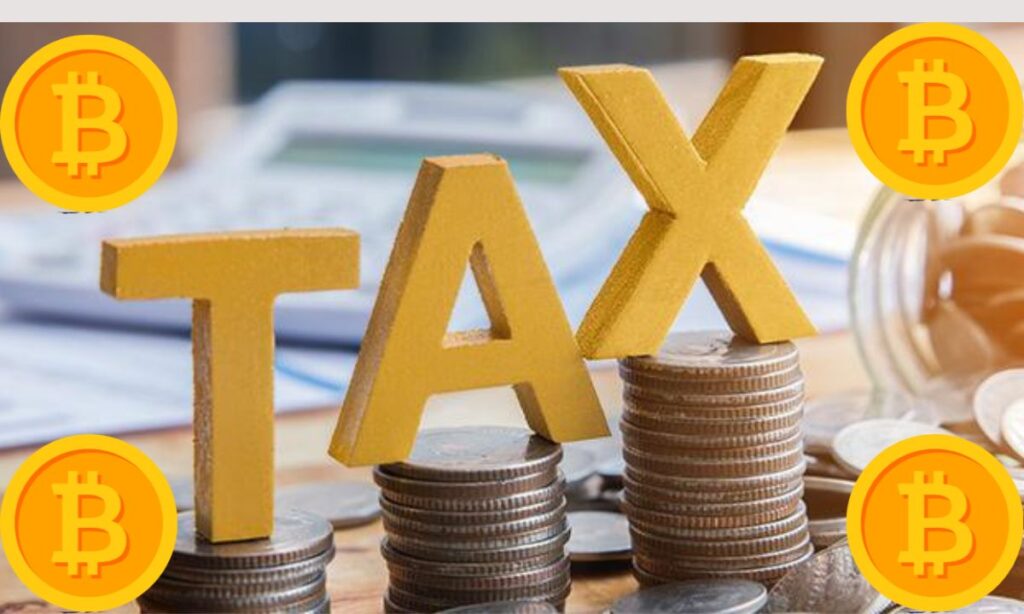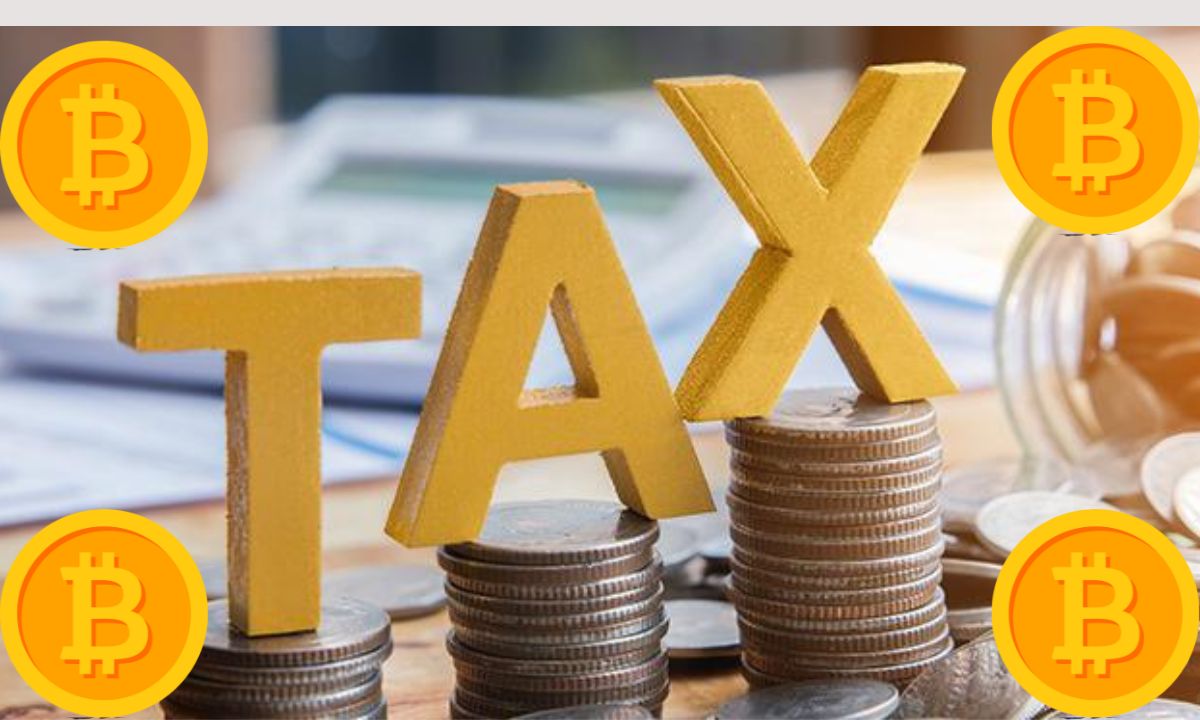
The Central Board of Direct Taxes (CBDT) in India has amassed over 100 crore INR ($12 million) from a one percent tax on cryptocurrency transactions this financial year.
The Indian government initiated this one percent direct tax on all crypto transactions beginning from July 1, 2022.
In a conversation with ANI, the chairman of the tax body disclosed that more than 700 crore INR ($84 million) has been collected in this financial year from online gaming companies and cryptocurrency transactions.
However, the taxes accrued do not include the income tax received by the government on the transfer of crypto, which stands at a hefty 30 per cent.
The Indian government has imposed these high taxes in an attempt to control the unchecked adoption of cryptocurrencies in the most populous country in the world, despite the lack of clear crypto regulations as of now.
During her 2022-23 Budget speech, India’s Finance Minister, Nirmala Sitharaman, announced the one percent tax on crypto transactions, attributing it to the “phenomenal increase” in such transactions.
She also proposed a 30 per cent tax on income from the transfer of any virtual digital asset.
India, which has drastically altered its position on crypto regulations over the past year, now champions a global framework for regulating the new industry, moving away from its earlier call for a complete ban on crypto.
Interestingly, despite the government’s intent to discourage investing in cryptocurrencies through the introduction of the TDS, the Chief Public Policy Officer at Indian crypto exchange CoinDCX, Kiran Mysore Vivekananda, has stated that the move has been unsuccessful given the massive surge in crypto adoption in the country.
Read Now: Binance CEO Changpeng Zhao and executives face potential legal trouble in Brazil

